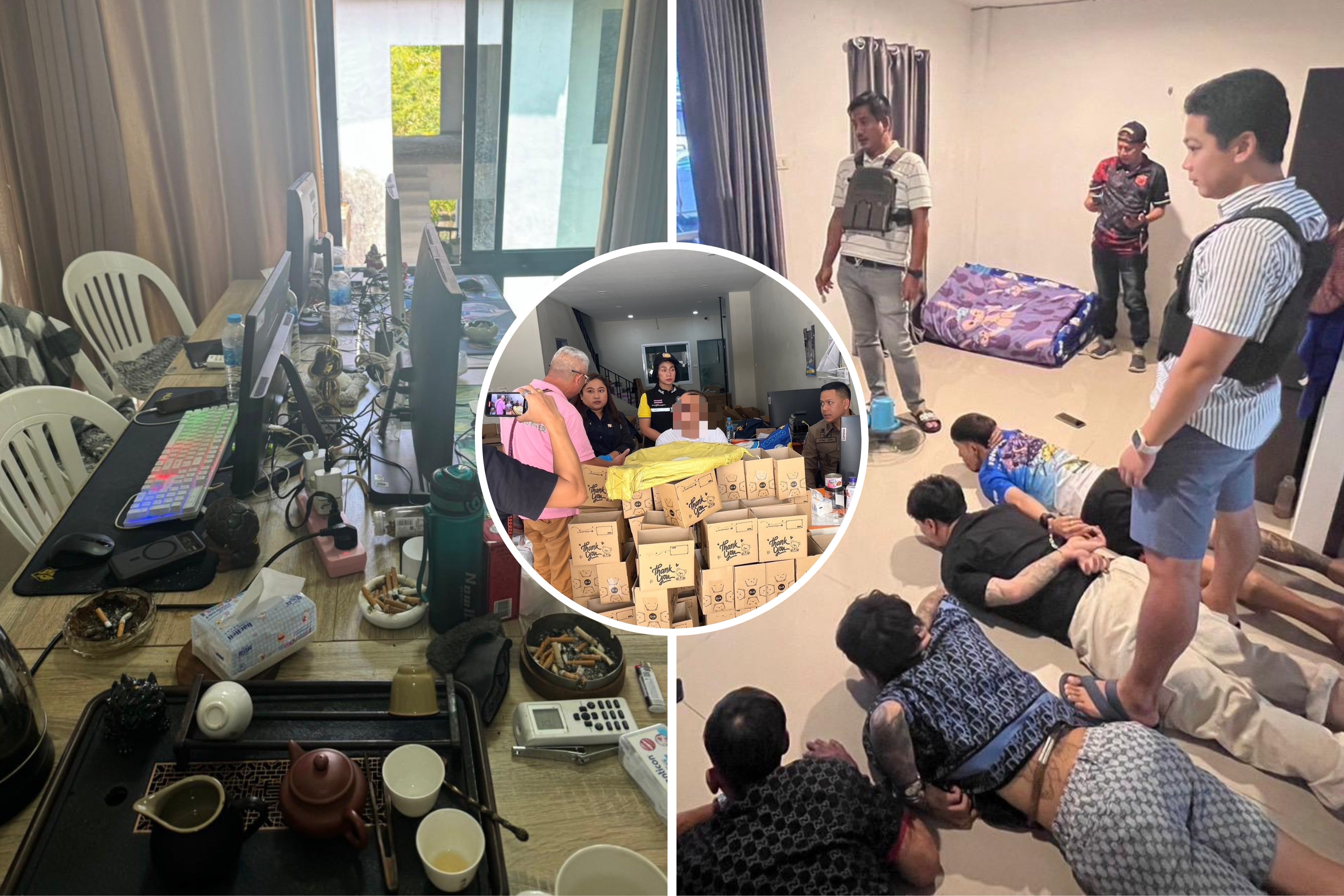“The Chinese gangs taught me how to make my profile look credible, gain followers and post regularly. After finishing my training, I started identifying my victims through social media platforms like Facebook, Instagram and Line,” said Narin, a 20-year-old from northern Thailand.
This wasn’t just an isolated incident but part of a troubling trend. Thailand leads Asia in scam calls and text messaging, with a staggering 78.8 million incidents reported since last year, according to the country’s Office of the National Economic and Social Development Council.
Now, the gangs, often led by Chinese masterminds, are expanding into the U.S. and appear to be ensnaring more Americans.
In 2023, U.S. authorities issued a stark warning about the growing danger of Americans being trafficked into scam syndicates in Southeast Asia. The seriousness of the situation became evident in December 2023, when the Department of Justice announced the indictment of four individuals based in the United States. These individuals were accused of laundering over $80 million in profits from scam operations.
To warn others, Narin, an ex-scammer, told Newsweek about his journey into the dark underbelly of cybercrime. In Thailand, he traveled from Chiang Mai to Chiang Rai before crossing the border into Tachileik, Myanmar. From there, he was transported to Laukkai, a Myanmar border city notorious for call center scams.
Recruited by friends of friends, he trusted them out of desperation for money. But once in Myanmar, he quickly realized the true nature of the operation. Fearful for his safety, Narin felt trapped and couldn’t leave.



As bad as we have it, they have it worse. There’s a lot to be grateful for, and a lot to work for. I dream of a world united in making sure every individual has their needs met and exceeded. It can only happen if we stop fighting culture wars and level the field, consistently, without becoming complacent, and passing that value to our children.